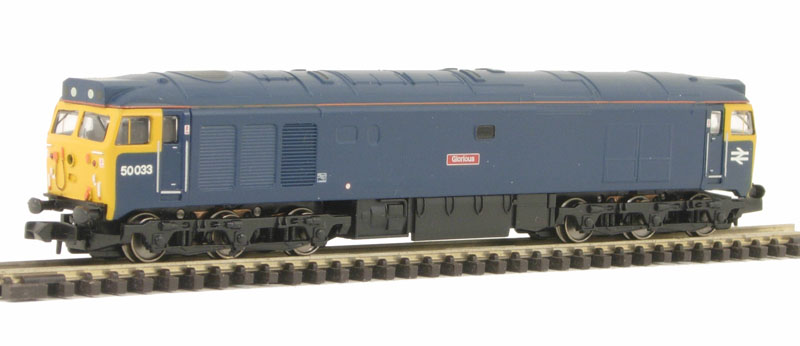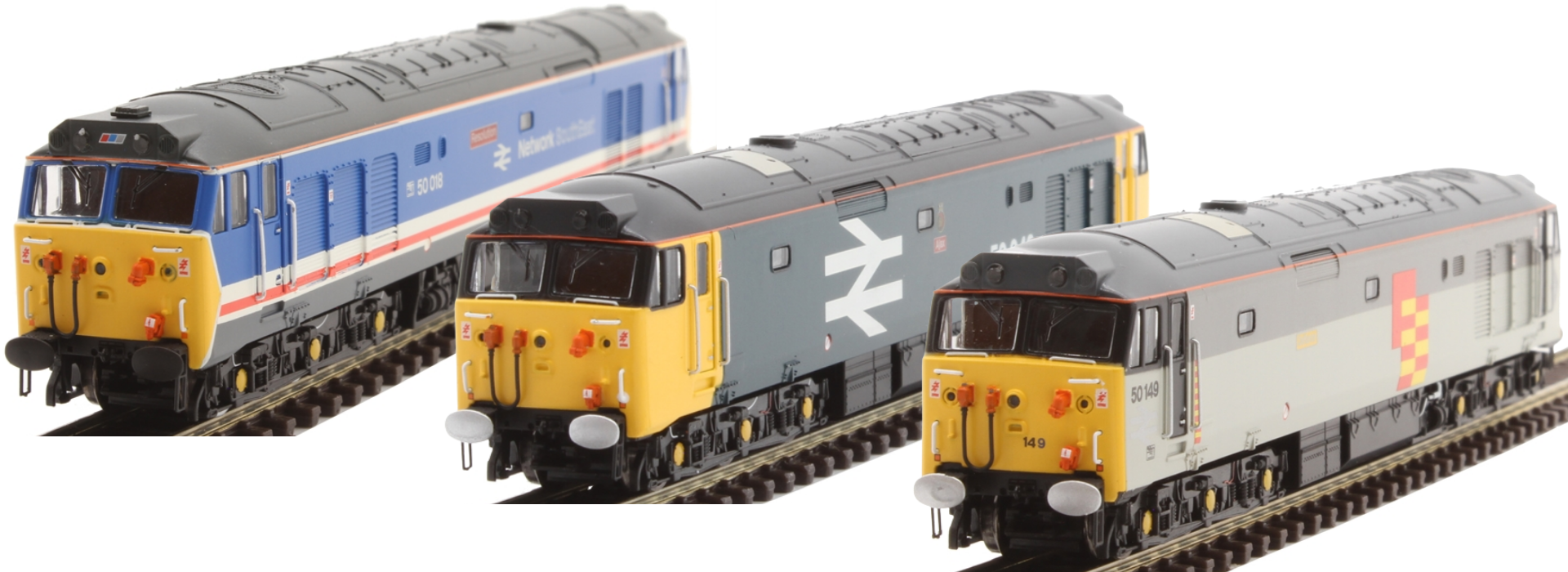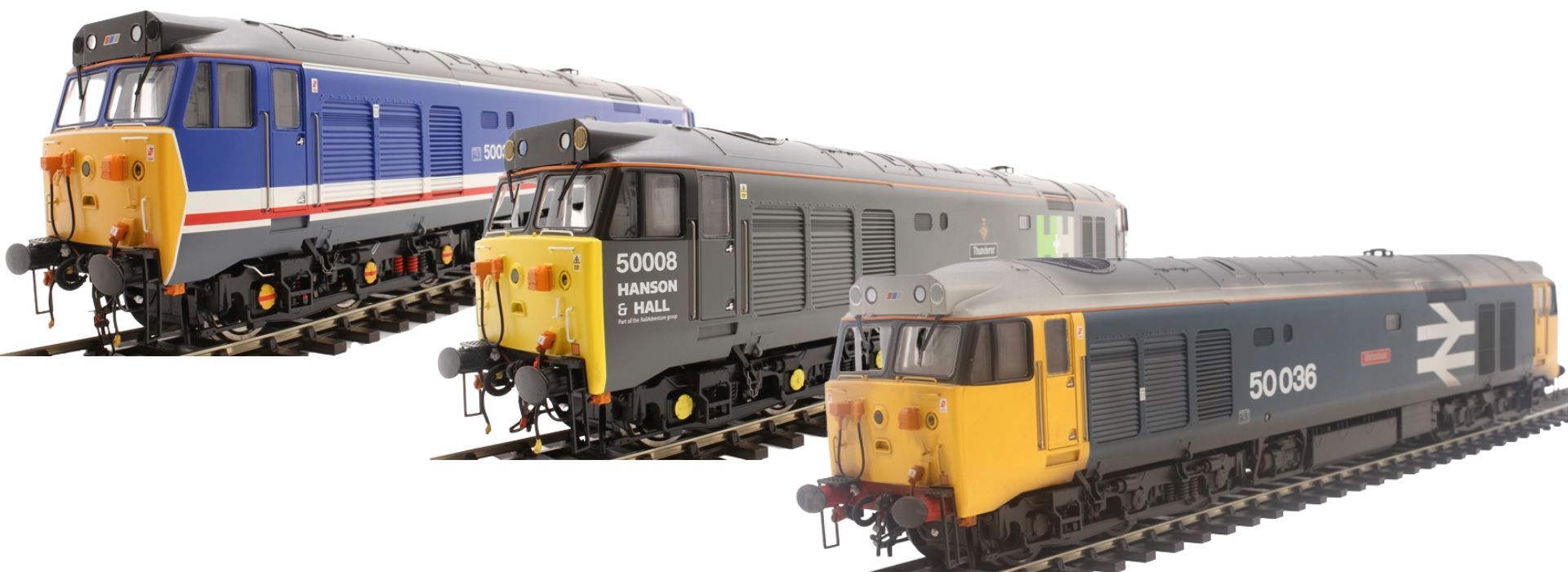Class 50 Profile and Models
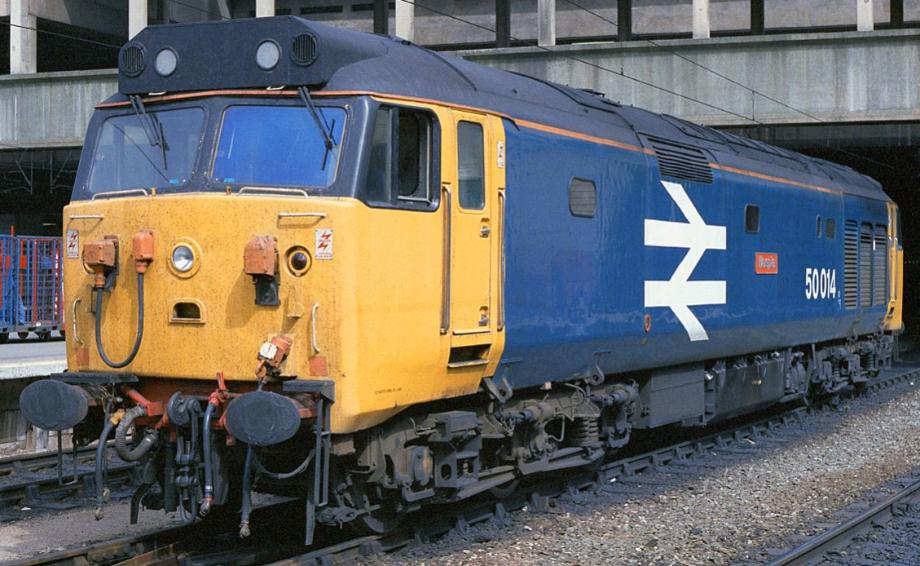
50014 'Warspite' at Birmingham New Street in May 1987. ©Steve Jones
The Class 50 was built by English Electric at the Vulcan Foundry between 1967 and 1968. A total of 50 were built and were employed hauling express passenger services along the unelectrified northern section of the West Coast Main Line between Crewe and Scotland. Post-electrification, the locomotives were moved to the South-West of England. They received the nickname "Hoovers", due to the distinctive sound of their dynamic braking system. The class was steadily retired in the 1980s and 1990s as second generation DMUs took over their services. However, a few examples of the class recently returned to service in the late 2010s with GBRf.
(Information provided by Wikipedia)
|
Type of Locomotive |
Diesel-Electric |
|
Builder |
English Electric at Vulcan Foundry |
|
Build Dates |
1967 to 1968 |
|
Total Built |
50 |
|
Tractive Effort |
48,500 lbf |
|
Power Output |
2,700 bhp |
|
Top Speed |
100 mph |
|
Wheel Configuration |
Co-Co |
|
Operated By |
British Rail GB Railfreight |
|
Main Duties |
Express Passenger Freight |
|
In Service Until |
Present |
|
Surviving Examples |
18 |
Products awaiting categorisation
| Scale | Brand | Image | Construction Type | DCC Capability | Product Code | Product Title | Livery |
|---|---|---|---|---|---|---|---|
| N Gauge | CJM |
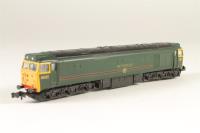
|
RTR/RTUse/Pre-assembled | Not set |
8406 View |
Class 50 50007 'Sir Edward Elgar' in BR Green - Poole-era Graham Farish body on DCC-ready CJM Saturn chassis | BR green with early emblem |
| O Gauge (1:43 Scale) | RJH |

|
Requires assembly | Not set |
RJH50 View |
Class 50 Kit | Awaiting Categorisation |


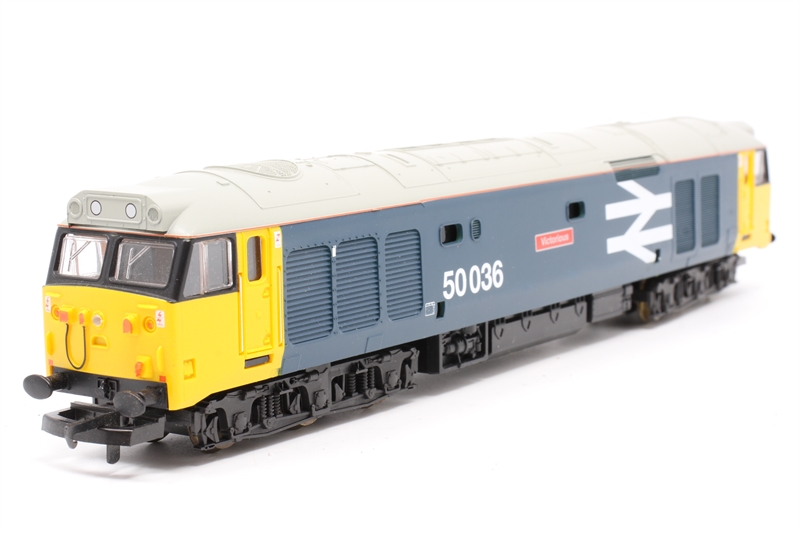

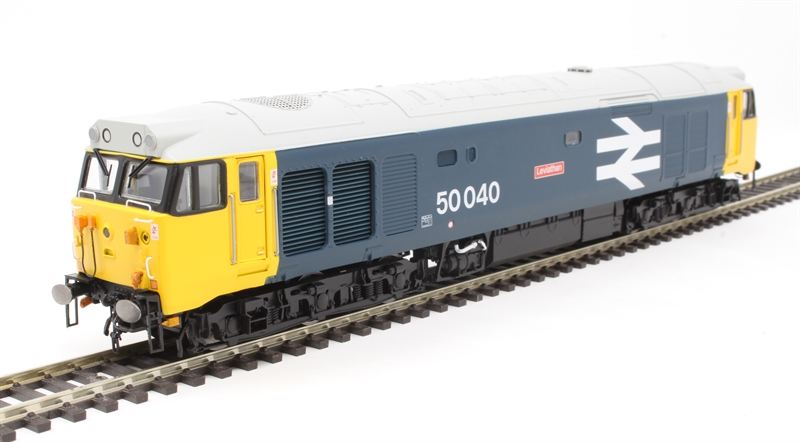
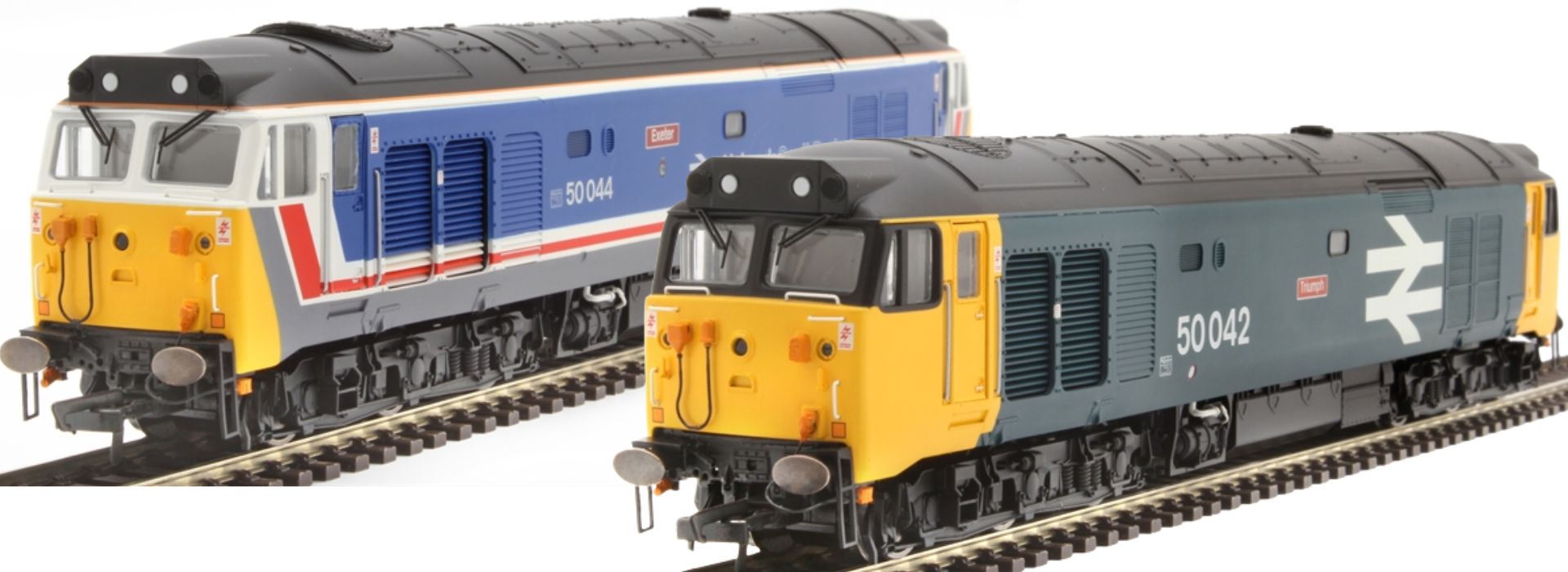


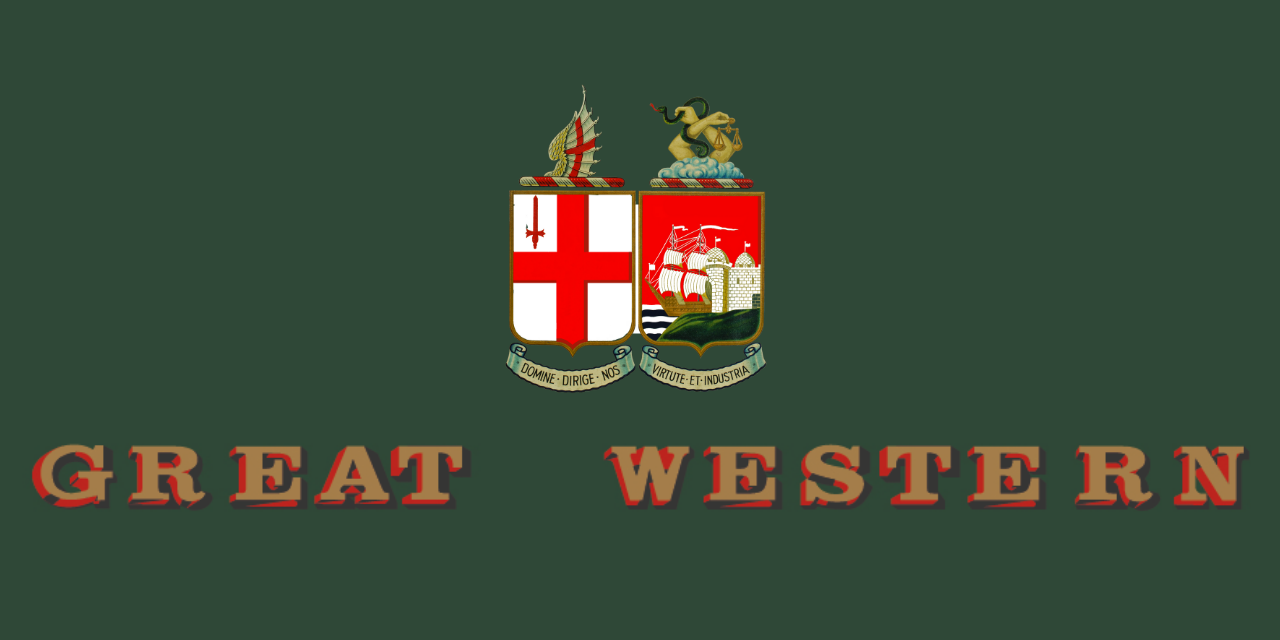 GWR green
GWR green
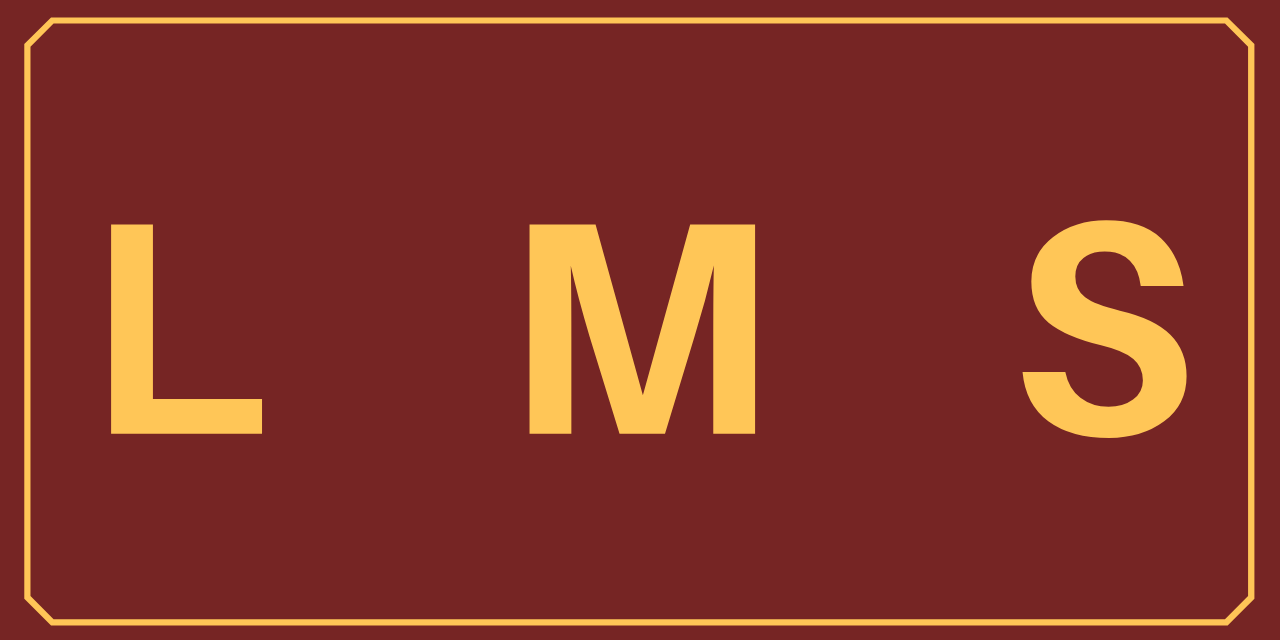 LMS crimson lake
LMS crimson lake
 BR blue
BR blue
 BR large logo blue
BR large logo blue
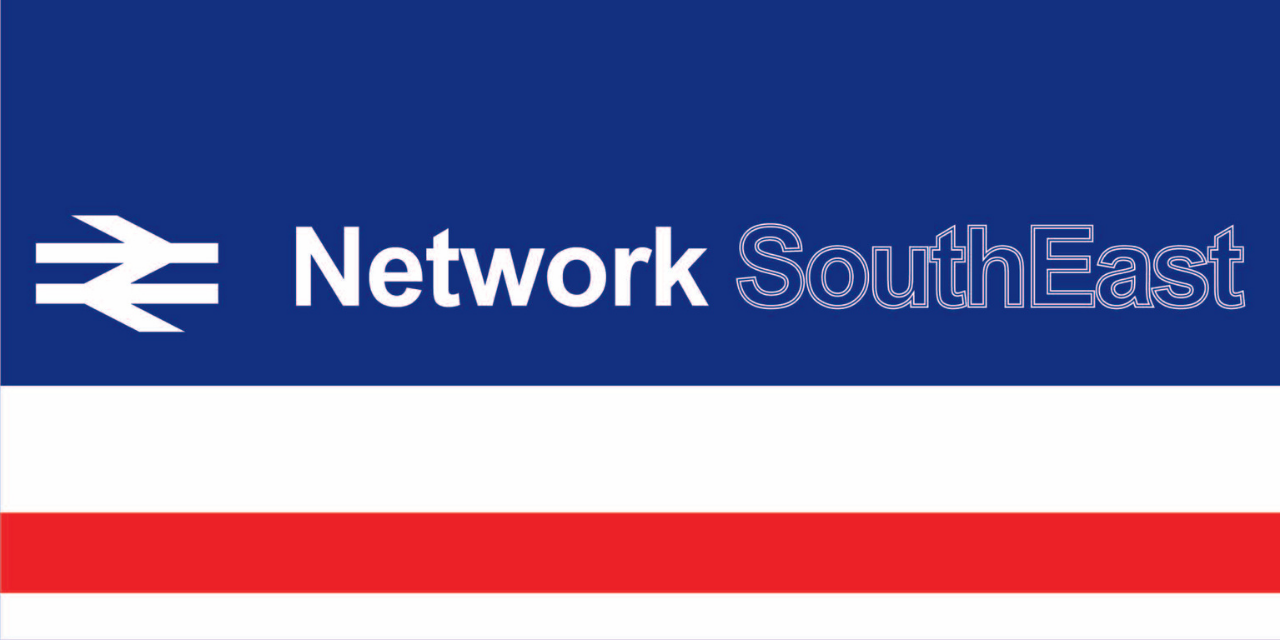 NSE - Network SouthEast
NSE - Network SouthEast
 Railfreight 'Sector' triple grey
Railfreight 'Sector' triple grey
 Civil Engineers 'Dutch'
Civil Engineers 'Dutch'
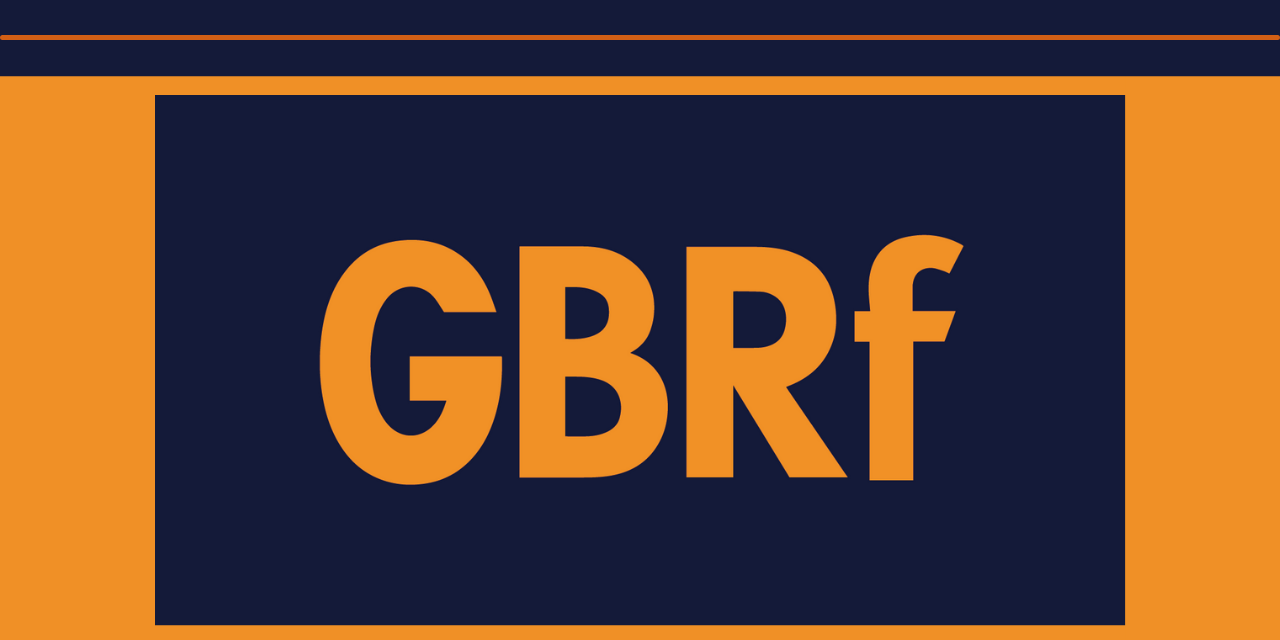 GBRf - GB Railfreight
GBRf - GB Railfreight
 Hanson and Hall Rail Solutions
Hanson and Hall Rail Solutions

